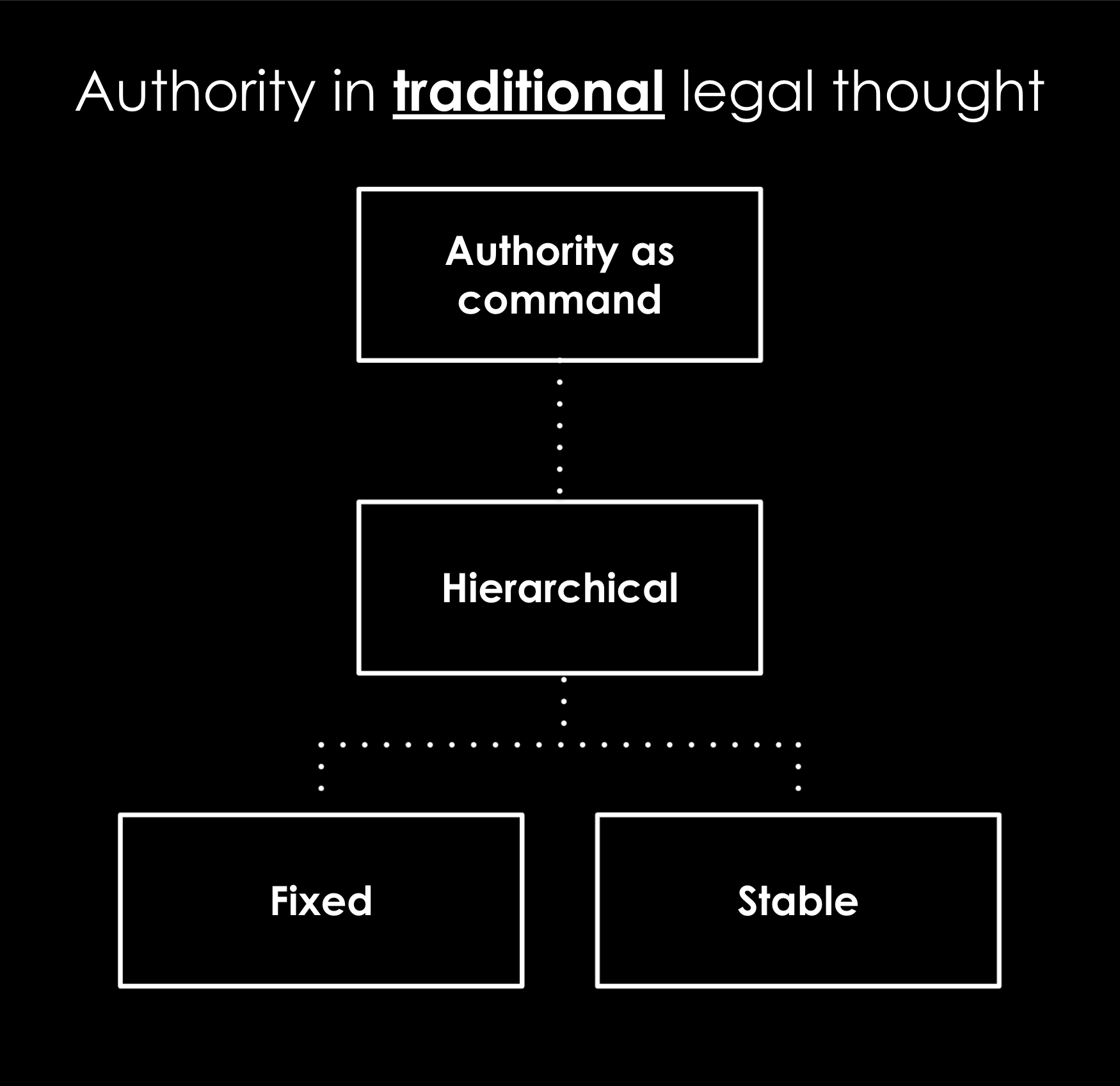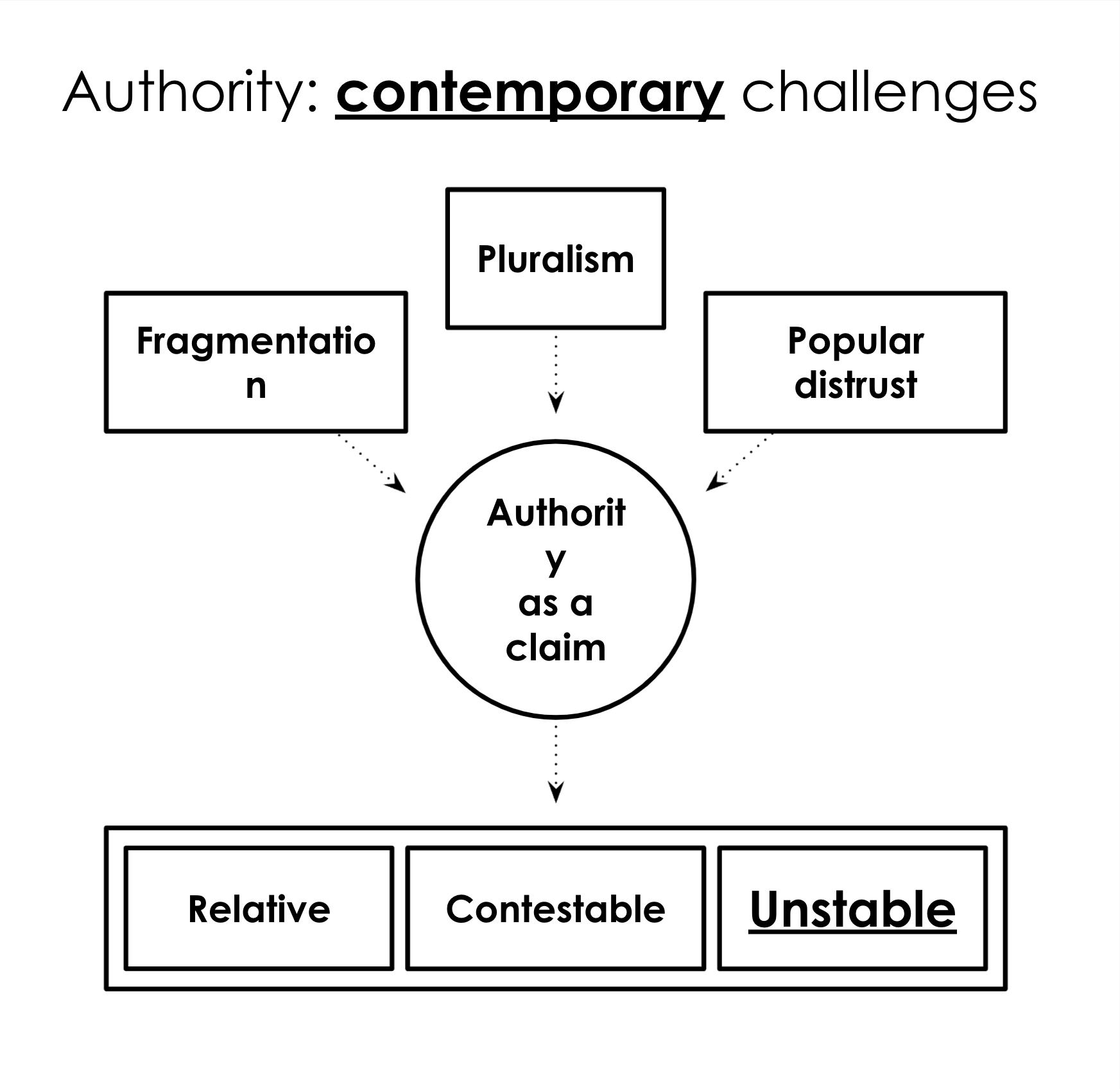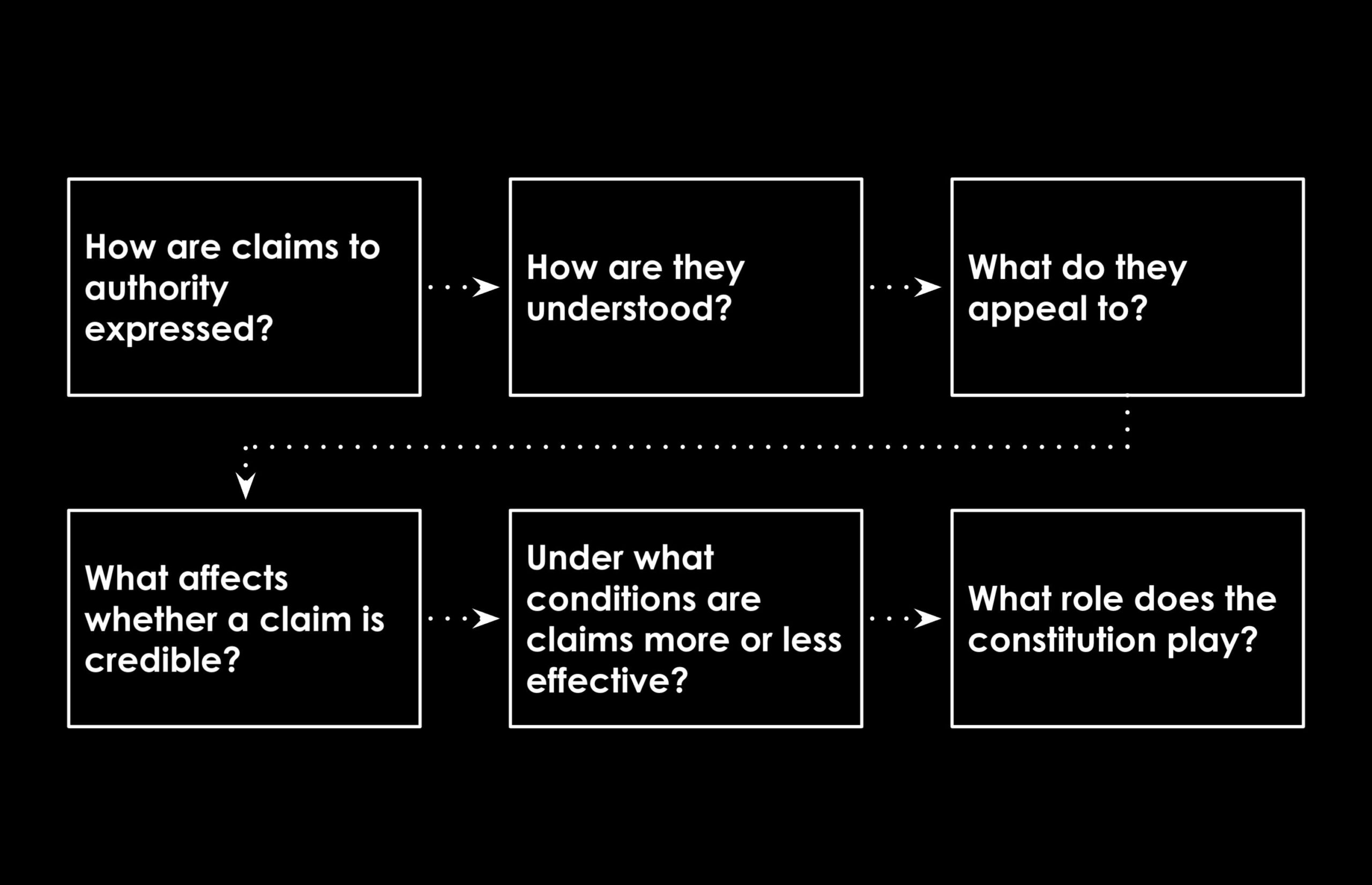What is authority?
The FIAT project uses a definition of authority as a pre-emptive and content-independent reason for action.
In other words, Person A has authority if Person B feels they should follow their instruction because the instruction came from Person A.
One example might be where a sports player is directed by their coach to change positions on the field during a match. The sports player may think that the change of positions is a bad idea. They may not want to do it. Or they may not have a strong view on the direction at all. The point is that they feel they should follow the instruction because it is their coach who has given it.
Why is the project focusing on authority?
The project uses authority as an analytical framework for investigating inter-institutional relationships in different systems of government. In other words, the project is looking at authority because of what we believe that will tell us about constitutional government more generally.
Authority was chosen because it is an important but under-explored part of what we know about the separation of powers.
A lot of the research on the separation of powers is focused on the independence of institutions. While independence is critical to any separation of powers, it is only one part of the story. Independence protects the power of an institution – but it does not tell us much about when or how that power will be used.
That is where authority comes in. The willingness of an institution to use its powers is, we believe, related to its authority to do so. Therefore, by investigating the authority of institutions, we can learn a lot more about how the relationships between them actually operate.
You can read more about the idea that a separation of powers analysis should look to both independence and authority here:
Why is the project being done now?
It is well known that there are limitations to traditional legal concepts of authority. A basic assumption of many constitutional systems is that law confers authority on officials; and that the formal directions of these officials will be understood and obeyed as commands. A legal order commanding a person to do something was historically known as a fiat.
This can be described as the concept of “authority-as-command”. It sees authority as something that is fixed and stable. It is given by law and is obeyed for that reason.
In reality, however, it seems clear that the authority of an institution – or a government as a whole – is a more complex matter. That is particularly the case at a time where the idea of ‘authority-as-command’ has been weakened by the emergence of other potential sources of authority and by growing public distrust in politics or government as usual.
This means, we believe, that authority should be seen as a claim rather than a command. Authority, on this view, is unstable and capable of changing over time. When an institution directs a person or other institution to do something, it is making a claim that it has the authority to do so. The success of that claim will depend on the foundations of that institution’s authority within its system of government. That is what the project aims to investigate.



How can you investigate authority?
The project will investigate authority using a combination of different methods from different academic disciplines.
It does so because we believe that these different approaches each tell an important but incomplete part of the story of how our systems of government work.
For example, one way to look at the authority of an institution is to analyse its formal legal powers. This will tell us how much legal power an institution has, and when it is entitled to use it. It will not, however, tell us whether the institution will actually use those powers or whether anyone will comply if it does.
Another way to look at the authority of an institution is to survey people about how popular it is. This will give use an idea about the public’s view of an institution, about whether they trust it or are likely to see its directions as legitimate. That will not, however, necessarily tell us how or why they came to hold those beliefs, or when their views are liable to change.
The project’s working assumption is that the authority of an institution is relative and recursive: in other words, that there is an ongoing relationship between formal legal rules and the social context in which they operate that shapes and re-shapes the institution’s authority.
By using different techniques to examine how authority is established and maintained in different systems, the project hopes to learn more about this relationship and how it operates.